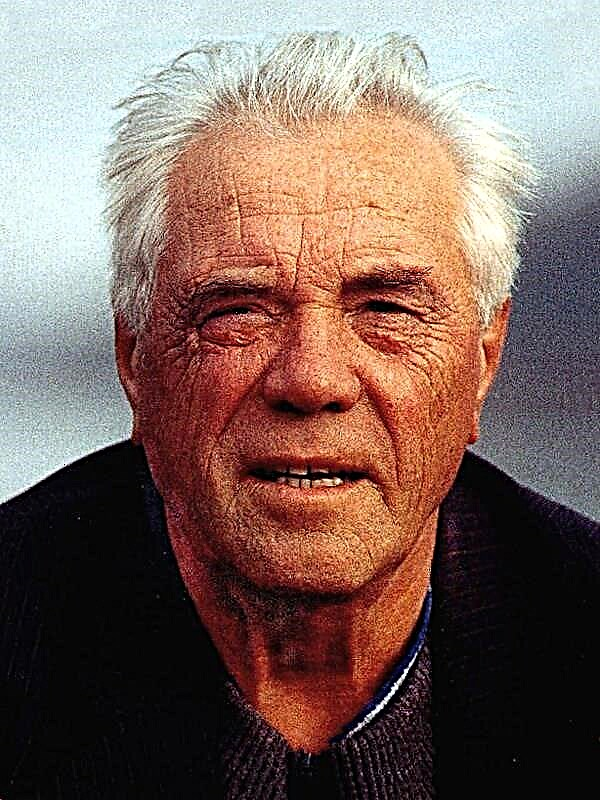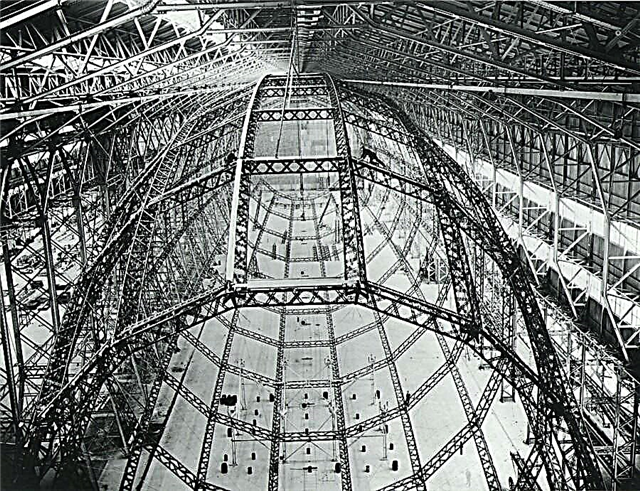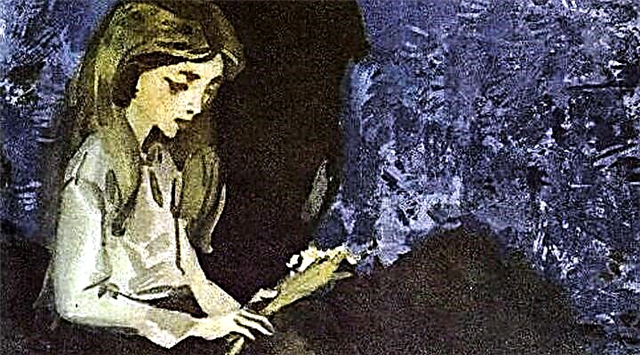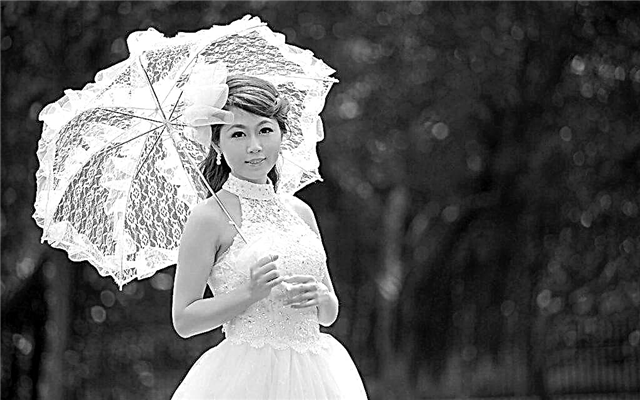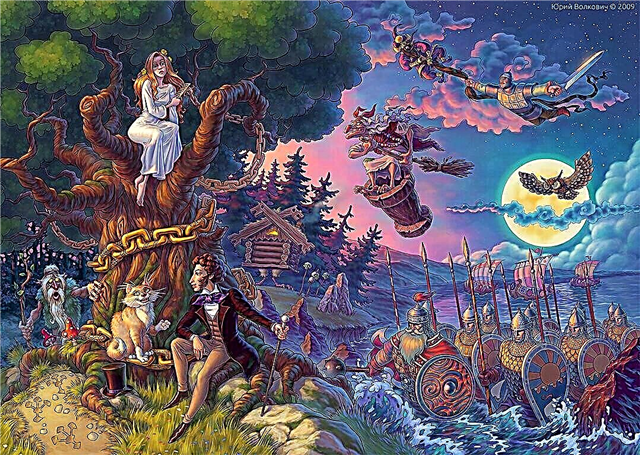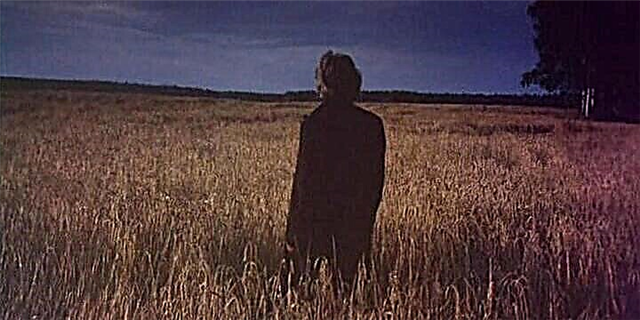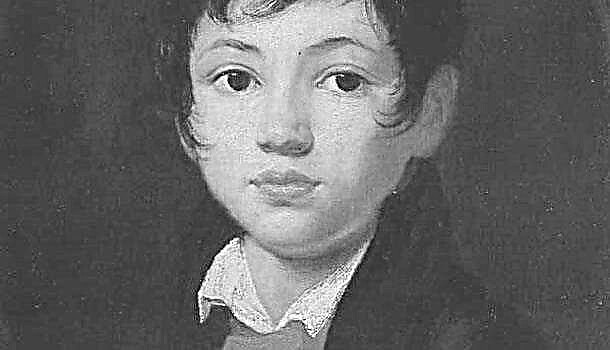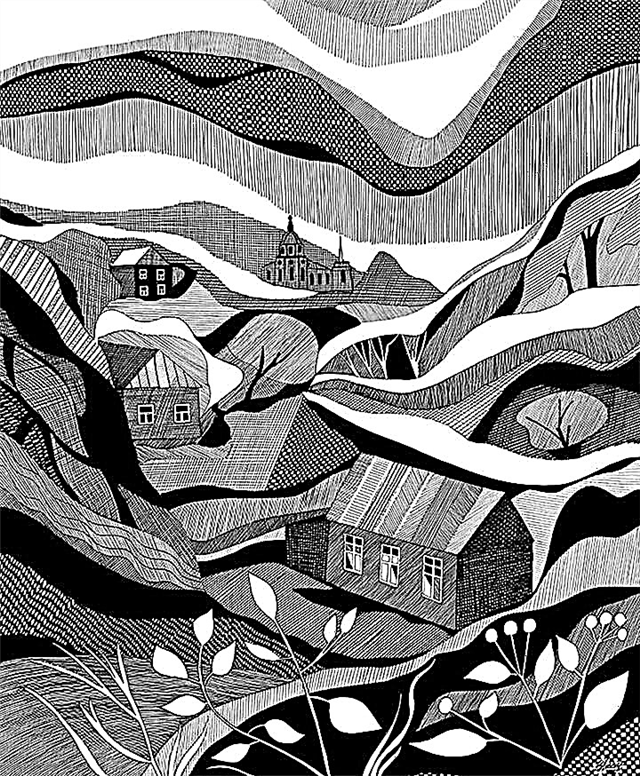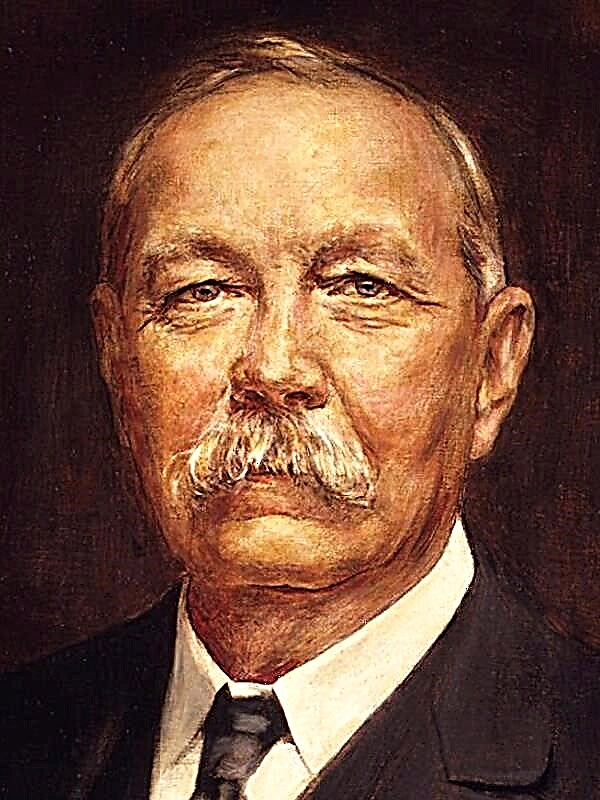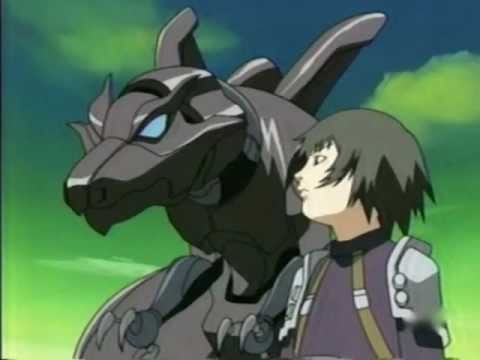: Professor and academician discusses culture, patriotism, respect for elders, describes the culture of Ancient Russia, the political and cultural life of Veliky Novgorod in the XIII-XIV centuries.
Word to the young
Professor, academician Dmitry Sergeevich Likhachev discusses patriotism and vocation, intelligence and culture, reading and memory. The author believes that each person should have a great personal goal and be passionate about his profession. The work we are doing should bring joy, be a vocation.
True happiness brings patriotism to a person. Love for your people begins with a study of their past. The author loves Ancient Russia and admires its writing and art. Studying ancient Russian history can spiritually enrich us and suggest a lot of new things.
The author discusses the intelligence, which manifests itself in respect for parents, in the ability to quietly help others, in everyday human behavior. Intelligence is expressed and in the ability of a person not to be funny, to behave with dignity.
Intelligence is the ability to understand, to perceive, this is the attitude to the world and to people.
The behavior of a person corresponds to his goal. If the goal is big and wise, then the means by which it is achieved are also worthy.
A person acquires his character and best friends in his youth. It is childhood friends that facilitate our adult life.
The author considers the language of the people as the greatest value. Russian is one of the richest in the world. A sign of a cultured person is not only the ability to write well in his native language, but also knowledge of classical literature.
The author calls to exalt each other, awakening the best features in the surrounding them and not noticing the flaws. This is especially true of the elderly, whom attention helps brighten up the last years. Old people remember the past better, but memory is the overcoming of time and death. The memory of the old helps to better understand the new. The present has arisen from history.
Russian notes
The author notes that the most “Russian traits” of character are pity, affability. The concept of will for Russians is reflected in wide spaces, and longing is associated with crampedness. Russian courage is daring, wide, daring courage.
Since the 12th century, human culture has been opposed to nature. According to Jean-Jacques Rousseau, the “natural man” is close to nature and therefore uneducated. Leo Tolstoy also considered this, contrasting the peasantry with the intelligentsia.
According to the author, education and intelligence are the natural conditions of a person, and ignorance is abnormal and unnatural. Nature has its own culture.
Ignorance or half-knowledge is almost a disease.
Human culture softened the harshness of the Russian landscape, and nature smoothed out all the imbalances made by man.
Russian landscape painting is mainly devoted to the seasons, natural phenomena and man in nature. The nature of each country was shaped by the culture of the people living in it, and in gardens and parks, nature is “humanized” and akin to art.
Relation to the past is of two kinds: as a spectacle, and as a monument to the past. The author is a supporter of the second kind of relationship. Culture is the same park where ennobled nature is merged with art. All the charm of Russian nature was discovered for us by Pushkin, whom Dostoevsky considered the ideal of Russian people.
Culture should be measured according to the national ideal created by the people, which leads away from spiritual stinginess, narrowness and philistinism, from revenge and nationalism. This ideal existed in Ancient Russia.
Ecology of culture
The author considers urban planning based on a study of the history of urban development as an ecology of culture. As an example, he considers the construction of ancient Russian cities, in particular, Veliky Novgorod. During its construction, attention was paid to the views opening from the houses. The layout of Novgorod created a feeling of spaciousness.
For the ecology of culture, monuments of the past are important, because if nature can heal the wounds inflicted by man or the elements, then the loss of monuments - ancient buildings, monuments, manuscripts, frescoes - is irreplaceable.
If a person is indifferent to the monuments of the history of his country, he, as a rule, is indifferent to his country.
Unfortunately, their storage system in Russia is poorly organized. Many manuscripts and frescoes have been lost or ruined by inept restoration, but many have been preserved and even published in the “Library of World Literature”.
The author is pleased that the Old Russian culture began to come into fashion, but the ugly forms that this phenomenon takes in many respects upset. However, he hopes that people will see the beauty that lurks in the culture of Ancient Russia.
Novgorod the Great
Veliky Novgorod, a huge city at that time, was a port of four seas and was an independent republic. The feudal aristocracy and merchants ruled him, and the people could freely express their opinion at the Novgorod veche.
Novgorod stood on the trade route from Scandinavia to Byzantium, so famous architects, icon painters, translators flocked to it, which formed the Novgorod art. Birch bark letters found by scientists
Novgorod art, brought up in an atmosphere of free competition with European art schools, is one of the most national-Russian and one of the most peculiar.
The urban planning discipline was also strong in Novgorod - the entire building in the city center did not exceed the height of Hagia Sophia. The improvement of the city exceeded many European capitals, and numerous churches were built with great skill.
There was no renaissance in Ancient Russia, so the heyday of Novgorod's art fell on the XIV century - the time of the Pre-Renaissance. This era enriched the painting and literature of Russia.
Joining Moscow Russia, Novgorod retained its culture. Although he lost his independence, Moscow princes always respected Novgorod and enjoyed its cultural wealth. From that moment, Novgorod culture acquired national features and world significance.
Old Russian literature and modernity
The author recalls the besieged Leningrad. During the blockade, he co-authored with an archaeologist
In Leningrad, as in the besieged cities of Ancient Russia, female labor was used. Women built fortifications, nursed the wounded and mourned the dead. Both in Old Russian and in modern literature there are many female poems-laments.
Russian women's cries are an unusual occurrence. They are not only an expression of feelings - they are an understanding of what has happened.
The author addresses the theme of cultural history, which not only captures changes, but also opens up new things in the old, accumulates cultural values. Studying and evaluating the culture of the past allows people to rely on cultural heritage.
World culture expanded unevenly, it met with misunderstanding and hostility and lost many valuable monuments. Until the 20th century, the literature of Ancient Russia was not recognized on a global scale. It is not appreciated to this day, since it contains neither Dante nor Shakespeare.Old Russian literature is tightly connected with history, folklore, ritual poetry, but this does not make it less valuable.
The author describes the history of Russian literature since the 10th century, when writing came from Bulgaria to Russia. Then he turns to the work of the bibliographer, which he became, having lost his personal library.
The author recalls the cycle of poems by Alexander Blok “On the Kulikovo Field”, after which he delves into the history of the great battle that liberated the Rus from the Mongol-Tatar yoke. This liberation entailed the rise of Old Russian culture. The author also notes the role of Kievan Rus in the development of Russian culture and unity. He believes that we should be the grateful sons of a great mother - Ancient Russia.


